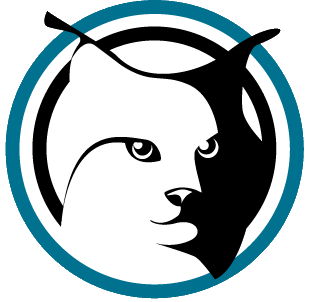ILS Program
An ILS program (Integrated Learning Supports) serves students with significant cognitive disabilities. ILS programming and education focus on a multitude of areas. Instruction specific to individuals with significant disabilities include communication, motor, adaptive skills, and independence. The program also includes academic skills in reading and mathematics that are taught in alignment with grade-appropriate content and the educational learning environment of students without disabilities. Instruction and support in communication and social skills, positive behavior strategies, and safety are embedded in ILS programming. Blended with all of these are transition to post-secondary work and learning opportunities, and independent living planning with families and community resources.
Multi-Categorical Program
The multi-categorical program is designed to meet the needs of students with the following disabilities: SLD, mild-mod SED, SLI, and other physical and multiple disabilities. The most common disabilities served in the multi-categorical program are SLD an SLI. Most students receiving mild to moderate multi-categorical spend the majority of their day in general education. The LRE (least restrictive environment) is being educated with their typical peers and receiving core instruction as much as appropriate, per the IEP team decision. Services depend on the individual needs of the learner and are determined with parent input by the IS multi-disciplinary team in an IEP meeting. As the IEP team determines, the student may receive direct services out of the general education setting or receive support in general education in a variety of instructional models. Additionally, most schools in PSD have a multi-categorical program, allowing for students to receive special education services in their neighborhood school.


